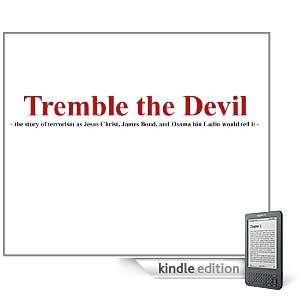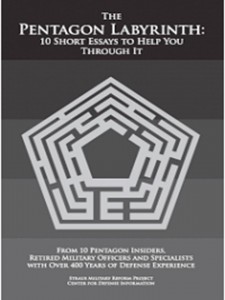
Dana Priest and William M. Arkin
I generally take a very jaundiced view of books that emerge from Washington Post columns I have already read, but this book surprised, engages, and out-performs the columns by such a leap that I have to rate it at six stars (10% of what I read and review), and call it a nation-changing book.
Early on the book captures me in a way the columns did not–this is a book with integrity. It is a book that sees the corruption in Washington and the inter-play of political fears of losing elections and the need to arouse public fears of the unknown. It is not just a book about the massive waste of taxpayer expenditures on a security state that harms more than it hurts, it is a book about loyal, sensible employees who are anguished at the idiocy of what they are asked to do, and in the many cases of those who broke ranks to speak to the authors, eager to have the public know the truth of the matter.
This is a book that seeks to arouse the public to do its duty, to have a conversation, to demand of the politicians in Washington a serious conversation, a serious assessment, of what it is we are about–as a nation, and with this pervasive security state program.
Continue reading “Review: Top Secret America – The Rise of the New American Security State”








